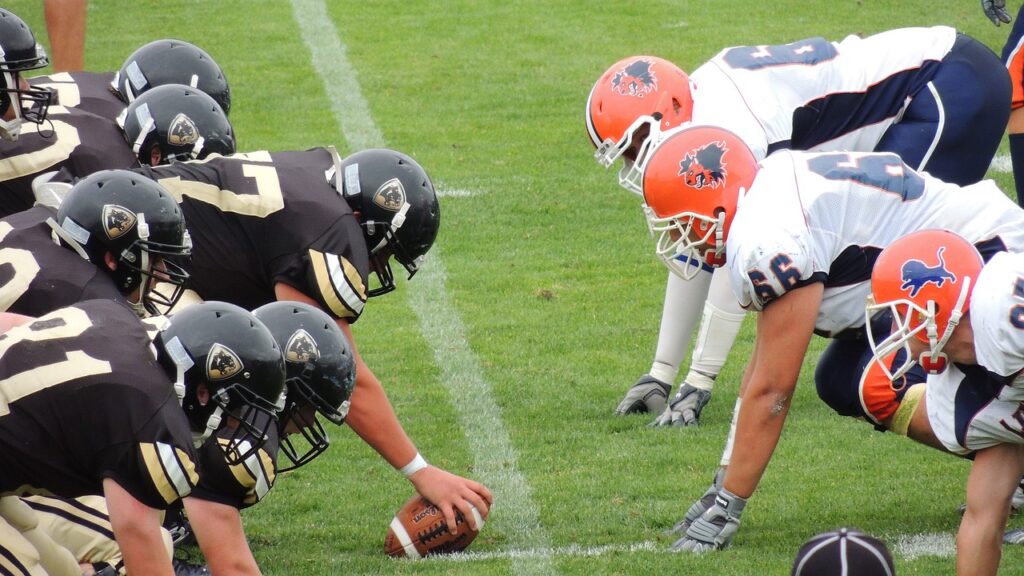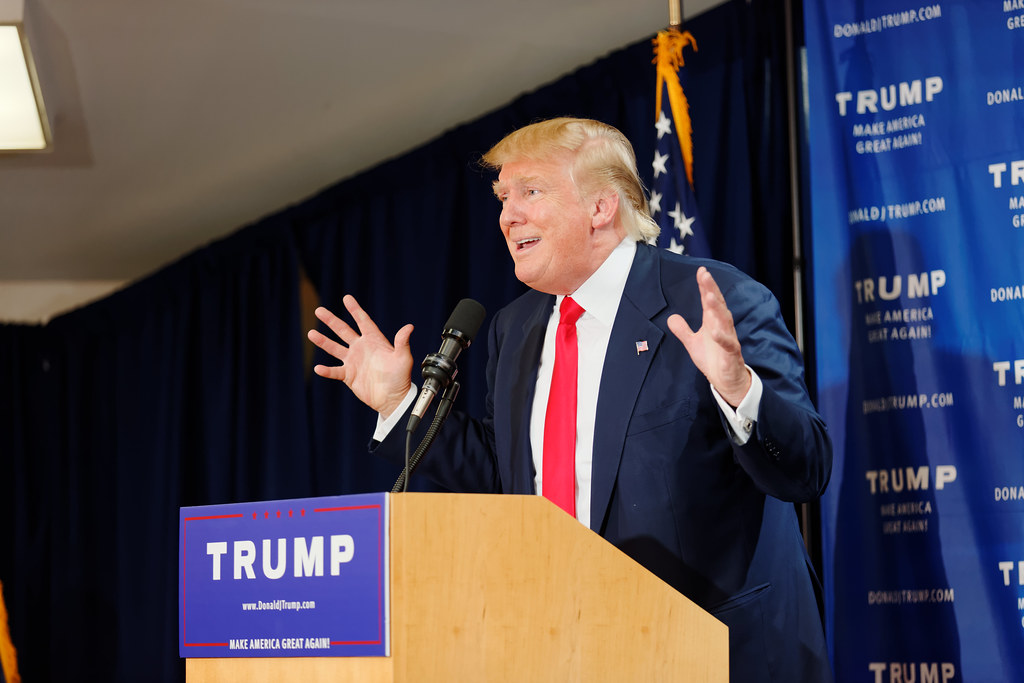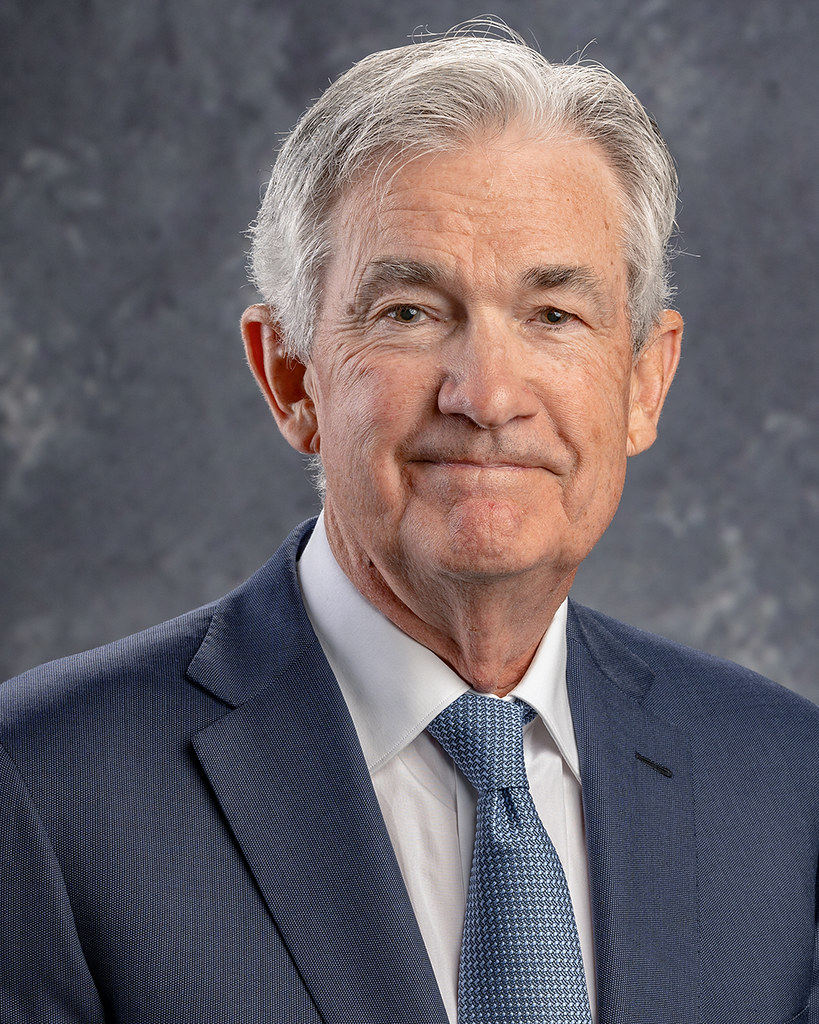The National Football League, a colossus of the sports world, is facing a formidable opponent off the field: the health and well-being of its own players. The league, which reaps billions from the game, has been accused of treating its players like “disposable napkins at their profit banquet.” This isn’t just a metaphorical skirmish; it’s a battle that’s being fought in the lives of players like Travis Kelce and the late Don Maynard, whose stories highlight the stark reality of the NFL’s approach to player health and safety.
Travis Kelce, the Kansas City Chiefs tight end, is a beloved figure in the sport today. But what happens if, years down the line, he faces concussion-related cognitive problems? The path to medical recompense from the league is fraught with obstacles, resembling a “slow walk to a swindle.” The family of Don Maynard, a former agile, dancy-hipped record-setter, knows this all too well. Despite being diagnosed with dementia by the NFL concussion settlement’s own network doctors in 2019, Maynard’s compensation claim was stuck in a “torturous medical-legal bureaucracy” for three years, only to be acknowledged three days posthumously.
The Washington Post’s exposé on the concussion settlement’s failures has ignited widespread outrage. A staggering 1,100 player dementia claims have been denied, with a potential worth of over $700 million in compensation. The process is marred by delays, with anonymous review boards overturning diagnoses and nearly 300 claims denied despite confirmation by the settlement’s own doctors. One review doctor even felt pressured to deny claims to suppress settlement costs, which have escalated to $1.2 billion.

The NFL’s settlement operates on a definition of dementia more stringent than the standard used by doctors nationwide. This discrepancy has led to numerous rejections of claims, as players must exhibit impairments across multiple tests and protocols to qualify for a diagnosis. Neurologist Randolph Evans, with a background in traumatic brain injuries, has seen 38 of his NFL patients’ claims rejected, despite evidence of cognitive decline.
NFL Commissioner Roger Goodell’s comments in a 2022 deposition reveal a dismissive attitude towards the severity of concussions, comparing the risks of playing football to “walking down the street.” This comparison is grossly inadequate, as football presents a unique set of hazards, including a 100 percent injury rate and the risk of chronic traumatic encephalopathy, akin to injuries sustained by military personnel.
The league’s reluctance to fully acknowledge and address its “black lung problem” is driven by the fear of “nearly unlimited financial exposure.” The financial burden of caring for players with neurodegenerative diseases often falls on taxpayers, as Medicare and Medicaid become the last resort for many former players whose health insurance has expired.
The public can exert pressure on the NFL to reform its practices. One approach is to withhold Hall of Fame inductions for NFL owners until the concussion settlement is reevaluated and amended. Additionally, Congress should hold new hearings to investigate the NFL’s practices and consider mandating lifetime health coverage for players.
Mark Cuban’s critique of the NFL’s greed and potential over-saturation of the market echoes the concerns surrounding player health. Cuban’s prediction of an “implosion” within the league if it continues on its current trajectory of greed is a stark warning that resonates beyond television ratings and into the realm of player welfare.
The financial plight of retired NFL players is also alarming. According to the National Bureau of Economic Research, 15.7% of NFL players file for bankruptcy within twelve years of retirement. Sports Illustrated reports that 78% of NFL players face financial hardships after their careers end. The reasons are multifaceted, ranging from the nature of athletes’ earnings peaks, misplaced trust in financial advisors, flashy investments, and the unique personality traits and worldviews of athletes.
The NFL’s handling of player health and safety is a complex issue that requires immediate attention and reform. The league must step up and accept responsibility for the well-being of the players who have contributed to its success. It’s time for the NFL to play defense for those who have given their all on the offensive line.
Related posts:
The NFL won’t accept responsibility for damaged players with dementia
Sports Fans Will Tune Out the NFL in 10 Years
How athletes go bankrupt at an alarming rate





